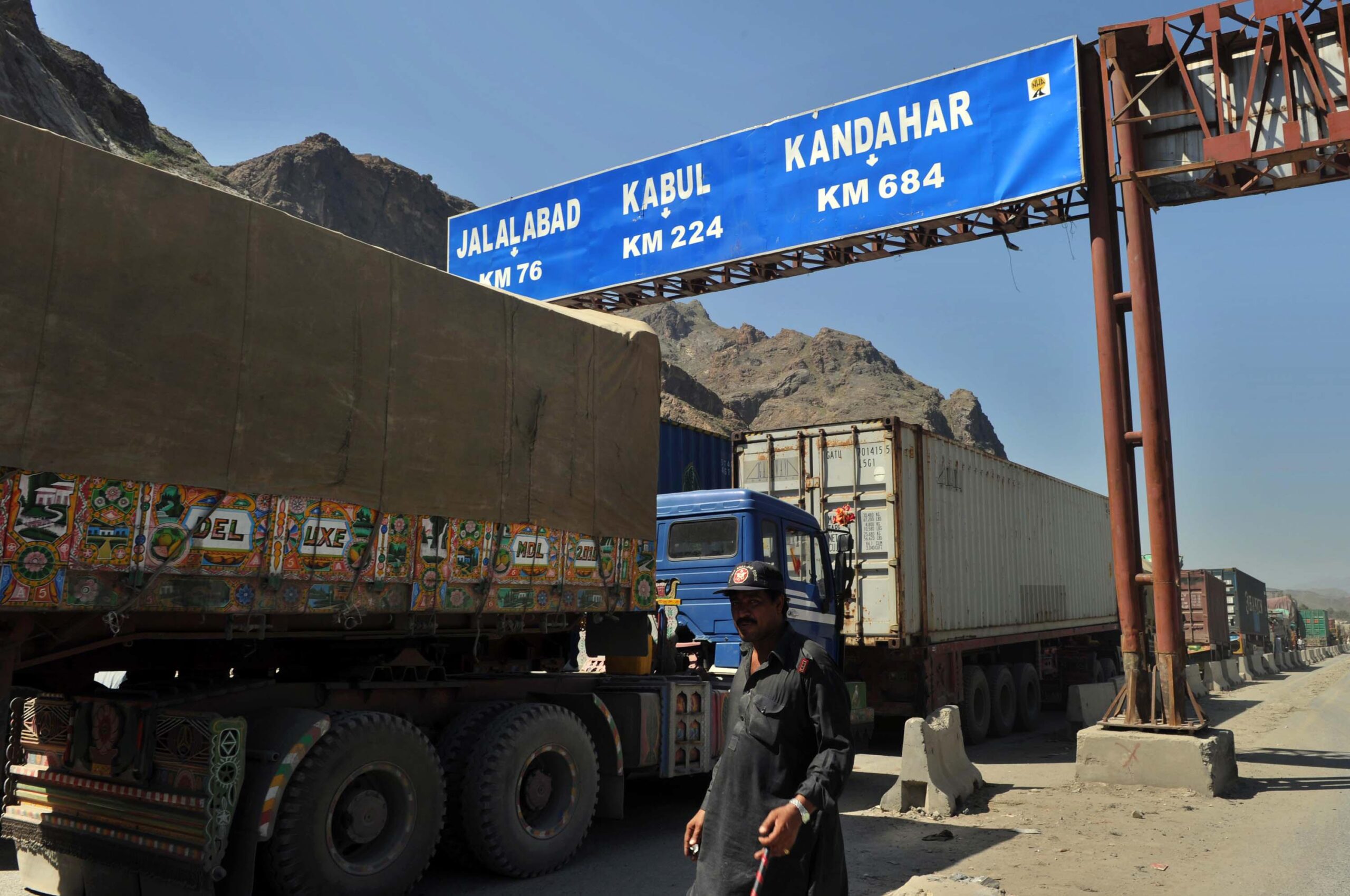Kharlachi Border
PARACHINAR: The key Pak-Afghan border crossing at Kharlachi in the Kurram district was reopened on Tuesday after remaining closed for nine days due to violent clashes in the border region.
Authorities confirmed that the border’s reopening followed the cessation of hostilities between rival tribes, restoring peace to the area. Security forces and police personnel have been deployed to critical locations to ensure stability and monitor the situation.
The prolonged closure of the border crossing caused significant hardships for local residents, who faced shortages of essential goods, including food items, medicines, fuel, and other daily necessities.
The situation became dire, prompting calls for action from community leaders and local authorities.
Governor of Khyber Pakhtunkhwa (KP), Faisal Karim Kundi, provided an update on the escalating violence in the region on September 27, revealing that at least 60 people had lost their lives, with dozens more injured due to the renewed clashes.
Governor Kundi noted, “As many as 60 people have died in Parachinar, and dozens are injured,” emphasizing the severity of the situation.
The resurgence of violence was sparked by ongoing disputes between the warring tribes over territorial issues, specifically the construction of trenches on disputed land.
This conflict had previously seen a ceasefire last month, lasting about two months after initial clashes resulted in 50 fatalities and 226 injuries.
The recent fighting forced the closure of vital routes, including the Peshawar-Parachinar road, exacerbating the crisis for local residents.
The ongoing clashes were reported in multiple areas, including Pewar, Teri Mangal, Kanj Alizai, Maqbal, Para Chamkani, Karman, Sadda, Balishkhel, Sangeena, and Khar Killay, affecting many communities.
The situation was compounded by the fact that schools had been closed for over a week, as highlighted by Mohammad Hayat Khan, Chairman of the Private Schools Management.
Kurram Deputy Commissioner Javedullah Mehsud stated that efforts were underway to reopen routes and establish lasting peace, which included involving tribal elders and jirga members in conflict resolution discussions.
The Turi-Bangash tribes’ elders urged the government to take immediate action to resolve the ongoing disputes amicably and prevent further violence.
In light of the conflict, various jirgas (tribal councils) convened to explore avenues for achieving a ceasefire and restoring lasting peace. Tribal leaders, including Jalal Bangash and Engr.
Hamid Hussain, expressed their concerns, warning that if the district administration and other responsible authorities failed to address the situation, the tribes would take matters into their own hands to restore peace.
They emphasized that the ongoing conflict, stemming from a trivial issue between two families, escalated due to the negligence of the administration, leading to significant loss of life and property.
I am a dynamic professional, specializing in Peace and Conflict Studies, Conflict Management and Resolution, and International Relations. My expertise is particularly focused on South Asian Conflicts and the intricacies of the Indian Ocean and Asia Pacific Politics. With my skills as a Content Writer, I serve as a bridge between academia and the public, translating complex global issues into accessible narratives. My passion for fostering understanding and cooperation on the national and international stage drives me to make meaningful contributions to peace and global discourse.










